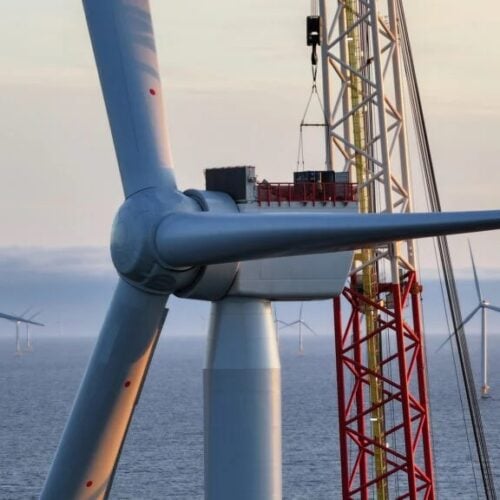Research consultancy Cornwall Insight has predicted that the July energy price cap will fall to £1,683.
This amount would represent a fall of nearly 9% from the April price cap of £1,849 for a dual fuel direct debit tariff, meaning the average customer will pay the equivalent of £166 less per year. This follows two successive rises in the price cap, which rose by 1.2% in January of this year and a further 5% on 1 April 2025.
A little under a month ago, the research consultancy predicted that the price cap for July would fall to £1,712 for most customers, a decrease of 7% from the April price cap; this latest forecast sees a bigger drop. Looking further into the future, Cornwall Insight has stated that it forecasts the price cap to fall again in both October of this year and January of 2026, although it has not stated by how much it expects prices to fall on either of these dates.
These declines have been attributed to a number of factors, including “geopolitical and market developments”, particularly in reference to the US introduction of tariffs on almost every nation. Cornwall Insight notes that US tariffs could potentially discourage exports of Liquified Natural Gas (LNG) to other nations, which could potentially – although not certainly – push down US LNG prices and cause cheaper gas to make its way to the British energy market. However, the research consultancy notes there is no guarantee that this cheaper gas will hit the UK market and decrease prices.
Cornwall Insight added that current discussions in the EU around easing gas storage requirements for this winter could reduce demand for gas and thus lower prices, although it cautions that wider geopolitical tensions and the rapidly shifting nature of tariffs and general economic uncertainty could also push prices back up. Cornwall Insight notes that the market remains extremely volatile and is expected to remain so for a significant period of time.
Dr Craig Lowrey, principal consultant at Cornwall Insight, has warned that while a decrease in bills is always welcome, the market can go up as fast as it goes down, adding that the fact that prices have declined so quickly proves just how vulnerable the UK is to geopolitical tensions causing price shocks. He also notes that while it is tempting to attribute the market decline purely to the US tariffs, many different factors, including changing energy storage needs in Europe, other global trade issues, and even just the warmer weather, have a significant impact on prices.
Lowrey added: “There is unfortunately no guarantee that any fall in prices will be sustained, and there is always the risk of the market rebounding. The only real way to protect households from this constant cycle of instability and insecurity is to reduce our dependence on international wholesale markets. That means continuing to focus on growing low carbon energy generation here in Great Britain and building a more secure, more sustainable energy future.”






